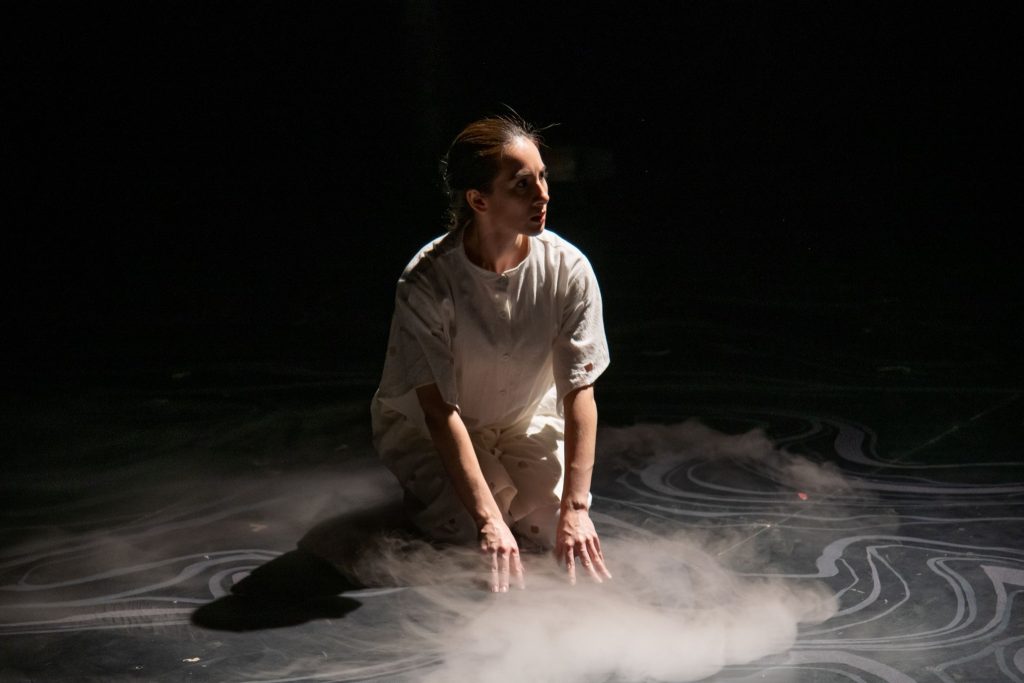
To learn and share indigenous history is to become part of a movement of reconciliation and healing that brings all human beings together.
Works of performance taking place on this land now called America occur on the traditional homelands of hundreds of Indigenous tribes. This website, for example, is hosted on the unceded land of the Wappinger, Schaghticoke, and Munsee Lenape peoples. In proceeding with performance, it is the responsibility of all settlers to recognize and change the narrative that glorifies the colonization and genocide of the traditional stewards of the land that cradles the performance.
To respect, honor, and uplift the sovereignty of the Indigenous peoples whose practices assured harmony for all life, territorial acknowledgements can serve as a starting point – because learning and sharing history is an act of reconciliation. However, beyond education, there are direct actions that can be taken to heal the wounds of history:
First, speaking out against ongoing practices and uses of language that erase colonial histories helps not only to dismantle those practices, but to help ease the burden of Indigenous labor.
Second, reaching out to your local tribe allows you to learn what, specifically, may be needed by the Indigenous people in your area – both time and money are often needed to help support Native initiatives. To discover the traditional stewards of the land on which you reside, visit https://native-land.ca/.
Finally, engaging in local politics can help you amplify legislation that is supported by the Indigenous peoples in your area. This means voting wisely and contacting your local representatives to push changemaking legislation through policy processes. More on political engagement can be found at https://www.culturalsurvival.org/.
This text was inspired by the work of Double Edge Theatre, who works directly with central Massachusetts’ Nipmuc community in order to foster healing. Learn more on the theatre’s website: https://doubleedgetheatre.org/land-acknowledgement.
Photo by Sonoko Kawahara. Pictured is Micheline Wu, during a performance of Kamioroshi, the Descent of the Gods at Boston University. The cast working on the production – which included a Shawnee narrative – wanted to include a brief land acknowledgement at the top of the show, but due to pushback from university administrators, we were unable to clear the text of our acknowledgement to be used for the performance. Instead, in a moment of silent meditation and connection with the earth, Micheline made the physical gesture pictured here, silently acknowledging the Massachusett ancestors who stewarded the land on which the play took place.
For me, the issue of the land acknowledgement during Kamioroshi highlighted two truths: first, that barriers to justice often materialize in the form of bureaucrats who endlessly defer to higher authorities to justify their inaction; and second, that land acknowledgements serve as a site for potential disruption – even when they’re silenced, they force all settlers to confront their own place on Indigenous lands.
I know that my reconciliatory work as a settler is incomplete, and I continue to learn and adjust the way I speak about the land on which I create. Please contact me if you have any questions or comments about this land acknowledgement.